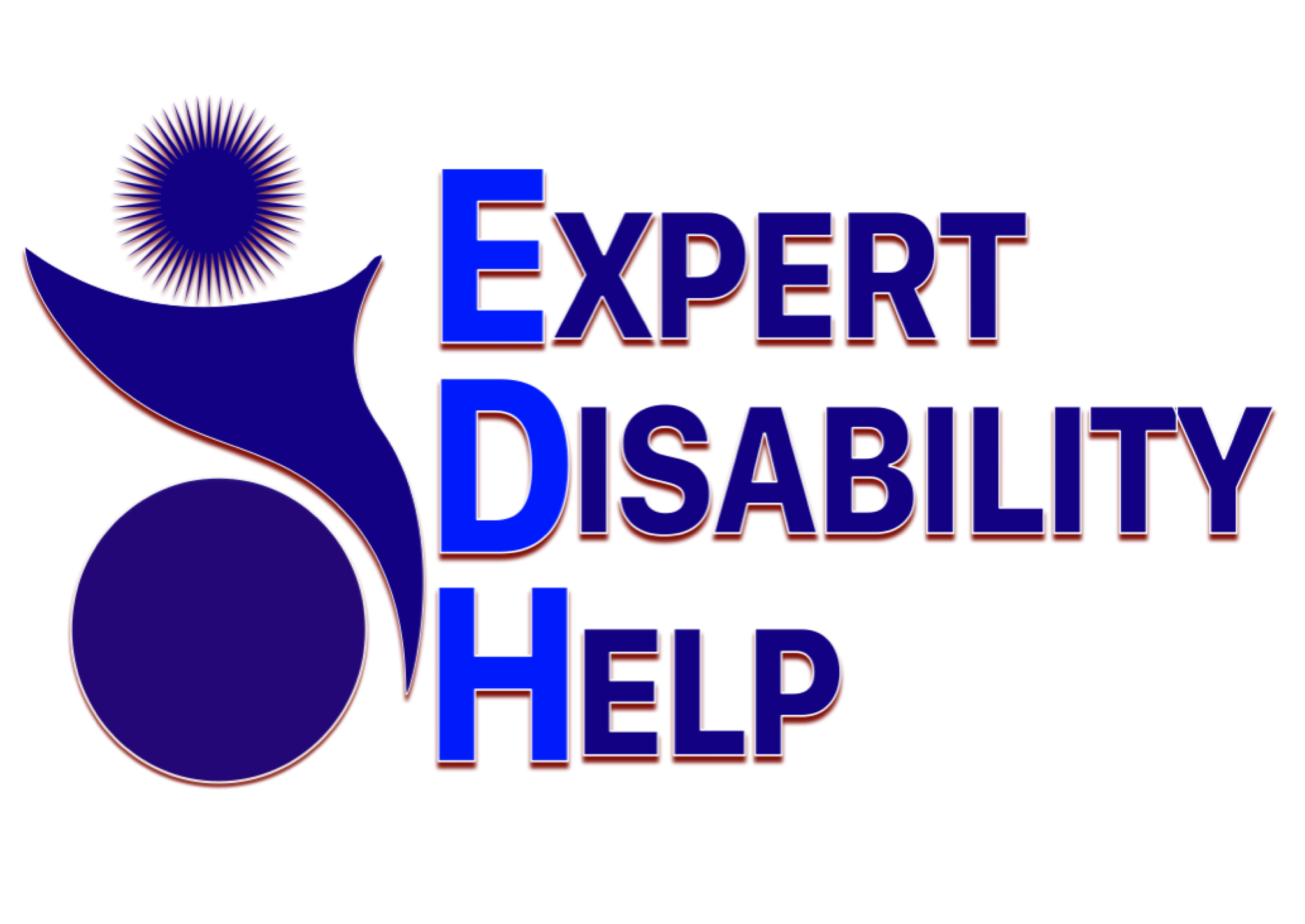Many disability claimants don’t even consider how they can be denied. Just because you or your doctors think you qualify for disability doesn’t mean insurance providers agree. They are trained to disagree with you and your doctors, even if you have a severe health condition. Your disability is “alleged” until you prove it. YOU need to prove to your disability provider that you need and deserve your benefits. You also must prove that you have a medically determinable Impairment by evidence, not by the symptoms you describe. How can you do that?
- Exhibit severe disability symptoms: You must show that your symptoms are long-term (12 months or more) or will result in your death (specifically for Social Security). Private disability providers want to know whether you can perform your occupation. Your symptoms/injuries/impairments must be chronic (greater than 3 months). Your SYMPTOMS must PREVENT your ability to do any work at all. How do you prove that?
- Prove How You Are Disabled: Are you currently receiving treatment for your disability? Your symptoms must limit your residual functional ability. What is the most demanding activity you can do despite your medical condition (diagnosis)? Your exertional state should stop you from doing your current job, past job, or any job to be safe.
- Failure To Provide Evidence: The best evidence to prove that your disability has interfered with your ability to perform your work activity is current medical records. These records must document how difficult it is for you to perform daily activities. The medical records maintained by your primary care physician are the most critical evidence causing your disability.
- Failure to provide Medical Records: Your medical records should match as closely as possible your disabling complaints. Make sure you obtain records from every doctor and medical facility where you have received any treatment. Every office visit, every time you have been to the emergency room, urgent care center, every time you were sent for a test.
- Failure To Provide Proof of Disability: What is considered proof? Physical examinations, MRI, CT Scan, X-ray, ultrasound, laboratory data (chemical analysis), chiropractor, or therapy visits (not recognized by SSA, but helpful). You need a copy of those records to send to your disability provider.
- Failure To Follow The Prescribed Treatment: You must follow your doctor’s instructions to be approved. Keep all scheduled appointments. Take your medication. Failure to follow treatment shows that you may believe your disability is not severe enough or that you don’t need medical treatment to manage your illness.
- Lack of Medical Evidence: Medical treatment generates medical records, which then generate medical evidence. To be considered for approval, you need to include every bit of medical evidence possible(see #4). You need all hospital records, doctor’s records, laboratory records if possible, testimonials from family, friends, employers, and more.
- Failure To Get Consistent Medical Treatment: Your disability providers need to see that you are receiving treatment. It would help if you did not go longer than ninety days without treatment unless mentioned explicitly by your doctor (ie. Your doctors determine your schedule).
- Failure To Update Your Medical Records: Updating your medical records is critical. When there are medication changes, new testing, procedures, or surgeries, inform your disability examiner. It may be difficult to update your records constantly, but very beneficial/necessary for your disability claim.
- Failure To Inform your Doctor: if you are applying for disability, SSA relies heavily on the opinion of your primary care doctor. The medical records provided by your doctor are weighed and scrutinized. It would help if you told your doctor that you are applying for disability and get their opinion. You need your doctors’ help. It would greatly support your claim if your doctor wrote a medical source statement and/or completed a Residual Functional Capacity Form. Some doctors don’t support their patient’s claim for disability.
Your medical records are an essential part of your claim. The evidence that you are disabled must be clear, so there is no doubt you are disabled. You can help your claim by providing a complete picture of your medical complaints every visit.
Your doctor can only include the information you provide. Do not say you are OK when you are not. When you apply for disability, you are not OK. You are seeing your doctor for a reason.
Medical records comprise the evidence you need to win your claim. If you need a second opinion to obtain additional medical evidence, you should not hesitate to ask your doctor. The more specialists that you consult to address your medical complaints, the stronger your claim.











